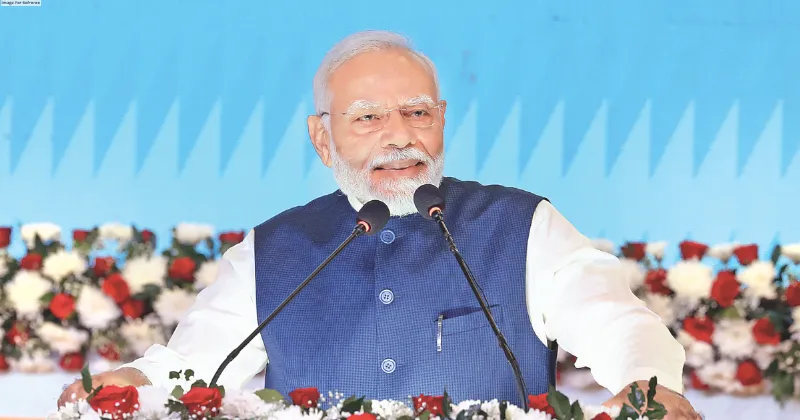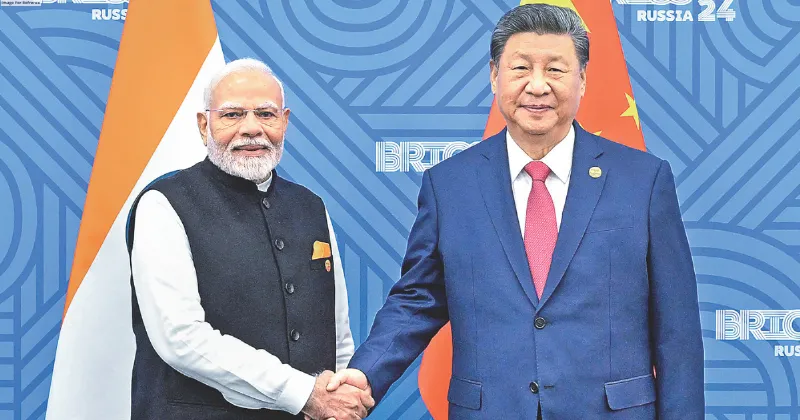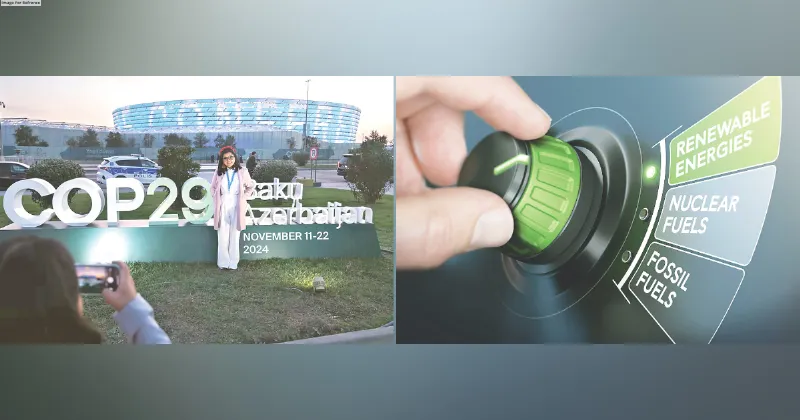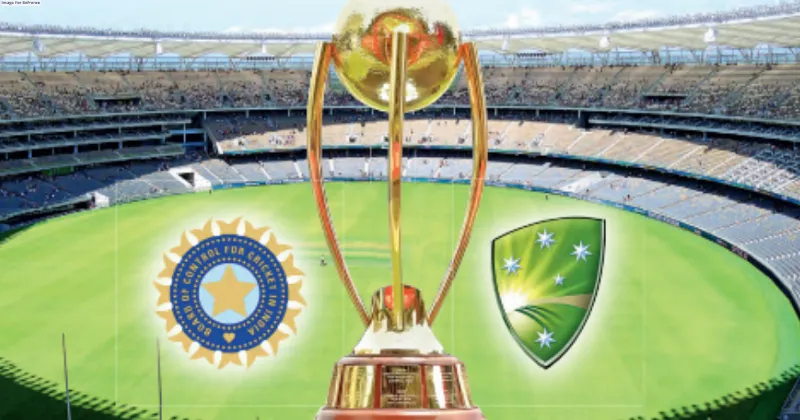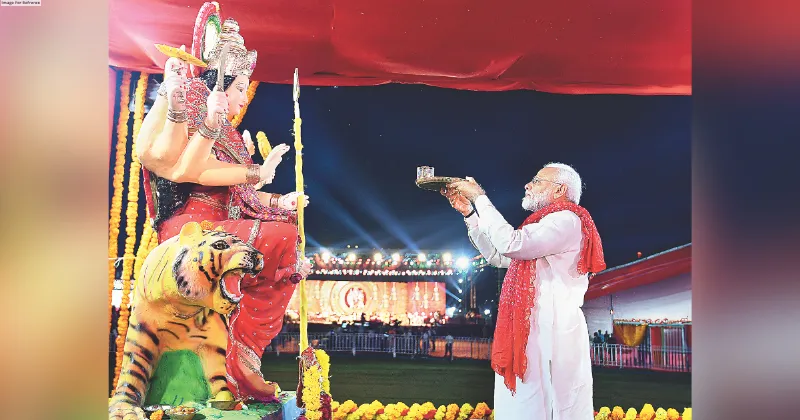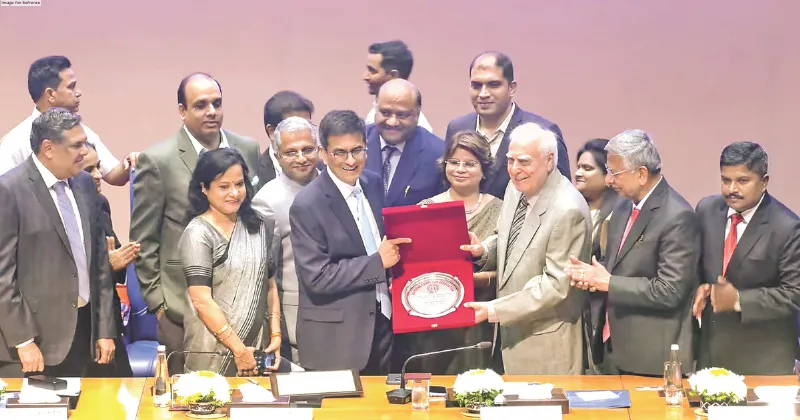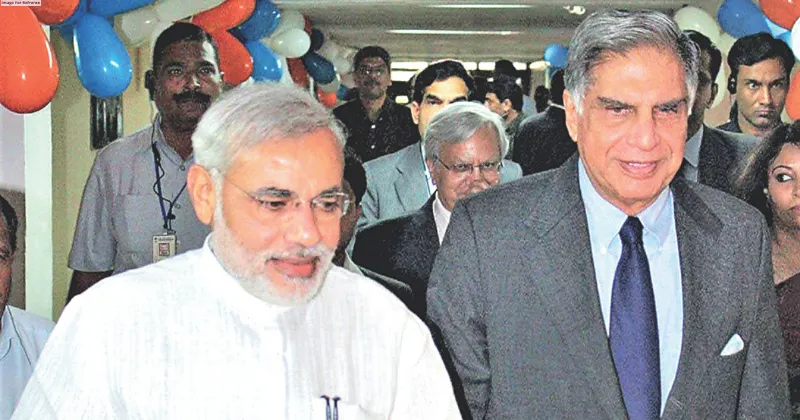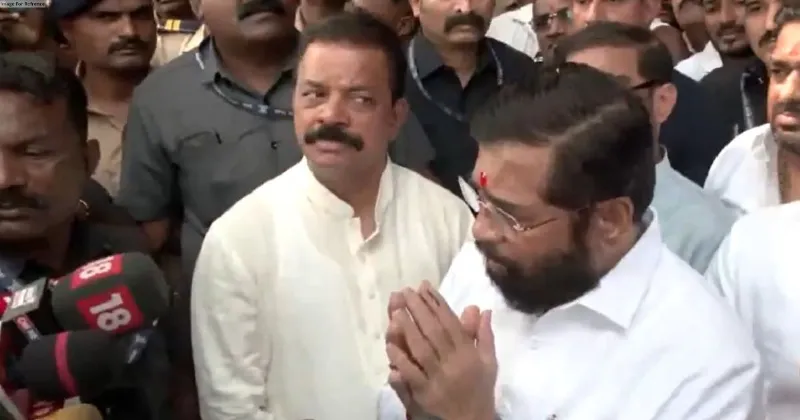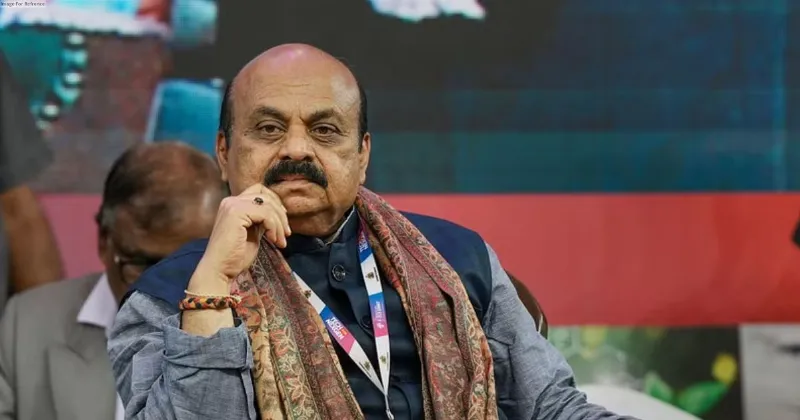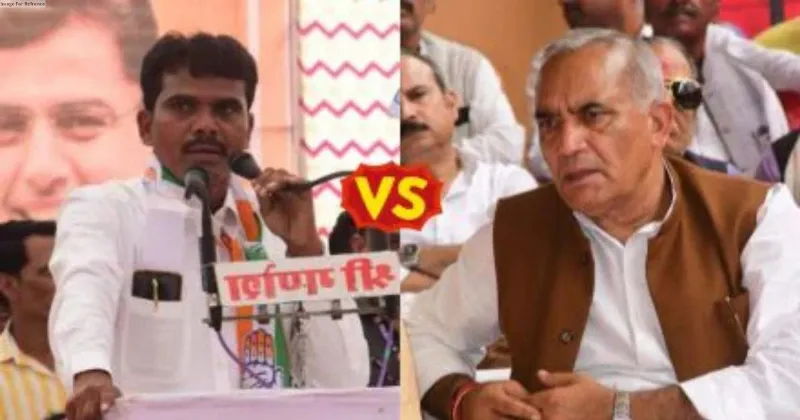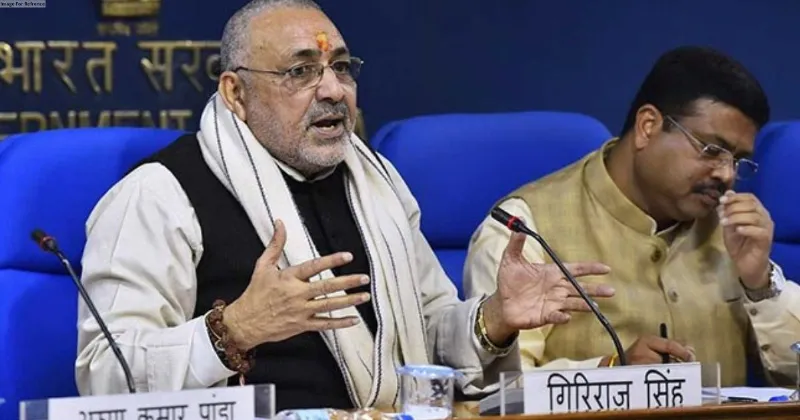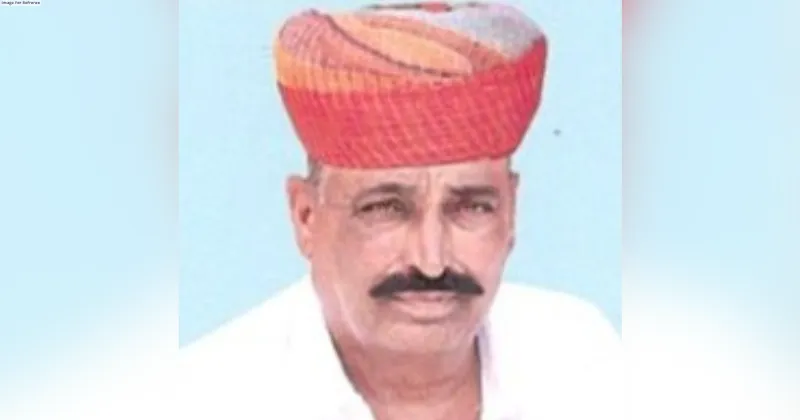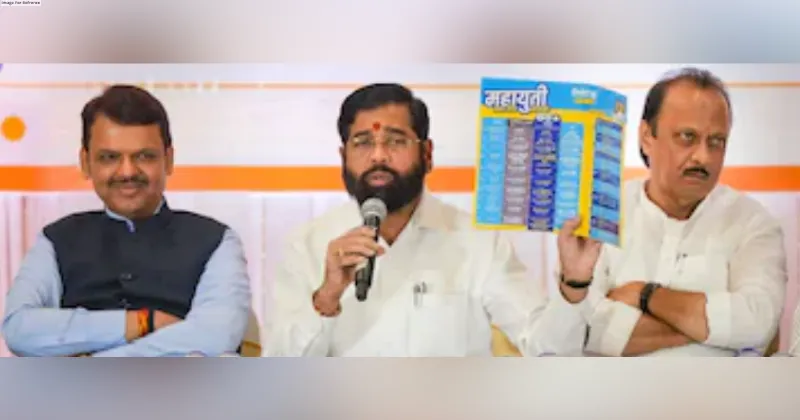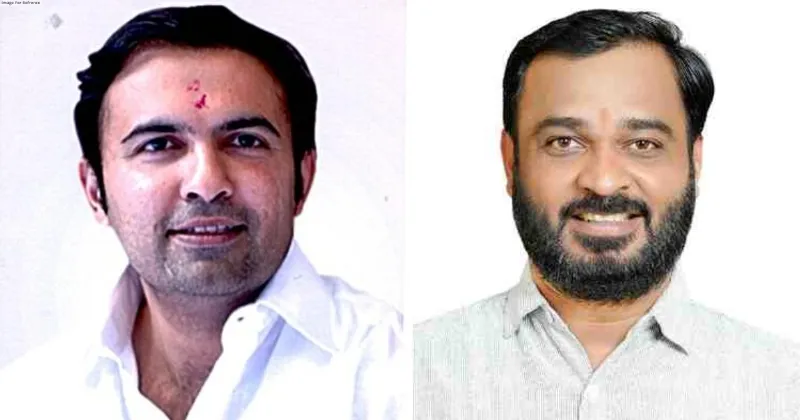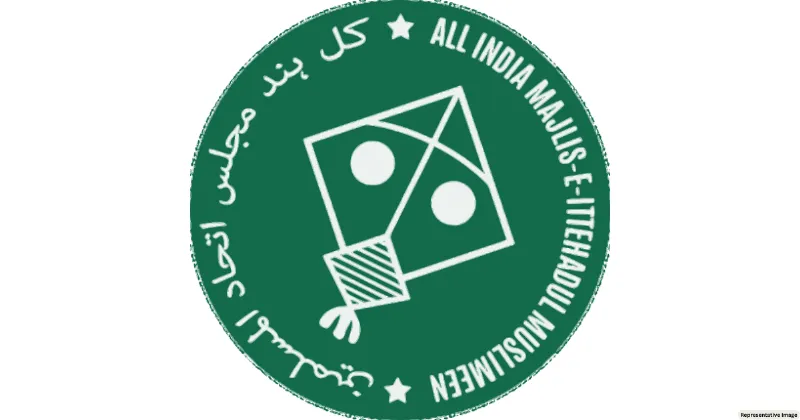Latest News
The Latest Leap Forward in the US-India Partnership

Indian Prime Minister Narendra Modi embarked on his eighth visit to the United States on June 20. This visit symbolizes the dynamism of the US-India partnership and the importance which Modi places on relations with Washington. In his nine years in office, the prime minister has traveled most often to the US.
Modi was invited by President Joe Biden and Dr. Jill Biden for this first Official State Visit to the United States. This was a pivotal moment, as State visits to the US are infrequent. In addition, he addressed the joint session of the US Congress on June 22nd. Modi last addressed the US Congress in June 2016. He is the only Indian leader, and one of very few world leaders, to have been invited to address the US Congress more than once. The last Indian leader to travel to the US for an Official State Visit was Dr. Manmohan Singh in 2009. Singh also addressed the US Congress in 2005.
Modi’s visit and address to the US Congress demonstrate how important the US partnership with India is to Biden. The visit strengthened the commitment of the two countries to a free, open, prosperous, and inclusive IndoPacific. This also includes their shared resolve to elevate their strategic technology partnership, including in defense, critical and emerging technologies, clean energy, and space.
EVOLUTION OF THE PARTNERSHIP
President Bill Clinton launched the US-India bilateral partnership on an upward trajectory during his visit to India in March 2000. Succeeding US Presidents have also worked assiduously to grow the partnership at a rapid pace.
In India, all prime ministers contributed to the expansion of bilateral partnership as well. Modi has been especially pivotal in the growth of India-US relations with his steadfast leadership in the endeavor. Strong bipartisan support exists in both countries for strong relations between the two countries. This has made the India-US partnership the most consequential for India in recent times.
The upward momentum of bilateral relations continued with Biden’s presidential term beginning in January 2021. The warmth, respect and rapport between the two leaders have been palpable during many events over the last few months. These events include the G7 and Quad Summits in Hiroshima, the G20 Summit in Bali, the G7 Summit in Germany, the G20 Summit in Italy and many more.
Additionally, Biden’s engagement with the ongoing Russia-Ukraine conflict has not deterred his commitment to the Indo-Pacific. Five summitlevel interactions between the leaders of the Quad (Australia, Japan, India, USA) have taken place over the last 25 months. This extraordinary attention to the Quad demonstrates the resolve to strengthen their partnership and effectively push back against China’s growing expansionism.
Today there is a convergence of values and interests between India and the US. Some of these emerging areas of interest include; the fight against terrorism, pushing back against China’s expansionism, the allure for the US of India’s large and expanding domestic market and the presence of a large and influential Indian diaspora in the US.
The US and India have over 60 bilateral dialogue mechanisms. These include platforms for cooperation in renewable energy, climate change, information technology, healthcare, agriculture, cyber security and many others. The US also remains one of the top three suppliers of defense equipment to India.
India also conducts more defense exercises with the US than with any other partner. One recent example has been the Malabar exercises, where the Quad partners promoted interoperability between their navies and strengthened peace and security in the region.
PROMISING FUTURE INITIATIVES
Recent months have also indicated the growth in the bilateral partnership in technology and innovation. The US-India CEO Forum was soft-launched in November 2022. Its key priorities include increasing supply chain resilience, enhancing energy security and reducing overall greenhouse gas emissions. Other goals include advancing inclusive digital trade, and facilitating post-pandemic economic recovery, especially for small businesses.
The Initiative on Critical and Emergent Technologies (iCET) was suggested during the meeting between Modi and Biden at the Quad Summit in Tokyo in May 2022. The intent is to elevate and expand the bilateral strategic technology partnership and defense industrial cooperation. The Indian National Security Advisor Ajit Doval and his US counterpart, Jake Sullivan, solidified the concept in discussions during Doval’s visit to the US in January 2023. The iCET focuses on removing barriers in technology transfers and co-production, particularly in telecommunication and semiconductor chip supply chains.
In another major push for bilateral ties, the two countries announced a Memorandum of Understanding (MoU) in March 2023 to establish a Semiconductor Supply Chain and Innovation Partnership.
US Secretary of Defense Lloyd Austin also made his second visit to India in early June 2023. Discussions took place around the transfer of technology and joint production of GE-F414 turbofan engines by the US-based General Electric (GE) and Hindustan Aeronautics, an Indian Public Sector Undertaking. These engines will be used in the madein-India Tejas Mark-2 fighter jets. Modi’s visit to the US solidified an MoU between GE and Hindustan Aeronautics announced on June 22.
OPPORTUNITIES FOR PEACEFUL COMPROMISE
When relations between two countries are as comprehensive and complex as those between the US and India, there will always be a few areas of disagreement. Modi did tell Russian President Putin in September 2022 in Samarkand, Uzbekistan, that ‘’today is not an era of war.’’
The US issued a number of statements immediately after the Russian invasion of Ukraine in February 2022, calling for India to take a firm stance against Russia. In recent months, the US has reaffirmed that its relationship with India is not affected by its stance on Russia. The visit of Jake Sullivan to New Delhi in early June signals that the US-India partnership remains strong.
ASHOK SAJJANHAR The writer is former Ambassador to Kazakhstan, Sweden & Latvia, & Principal Exe Officer of Nat Foundation for Communal Harmony
SOURCE: FAIR OBSERVER


